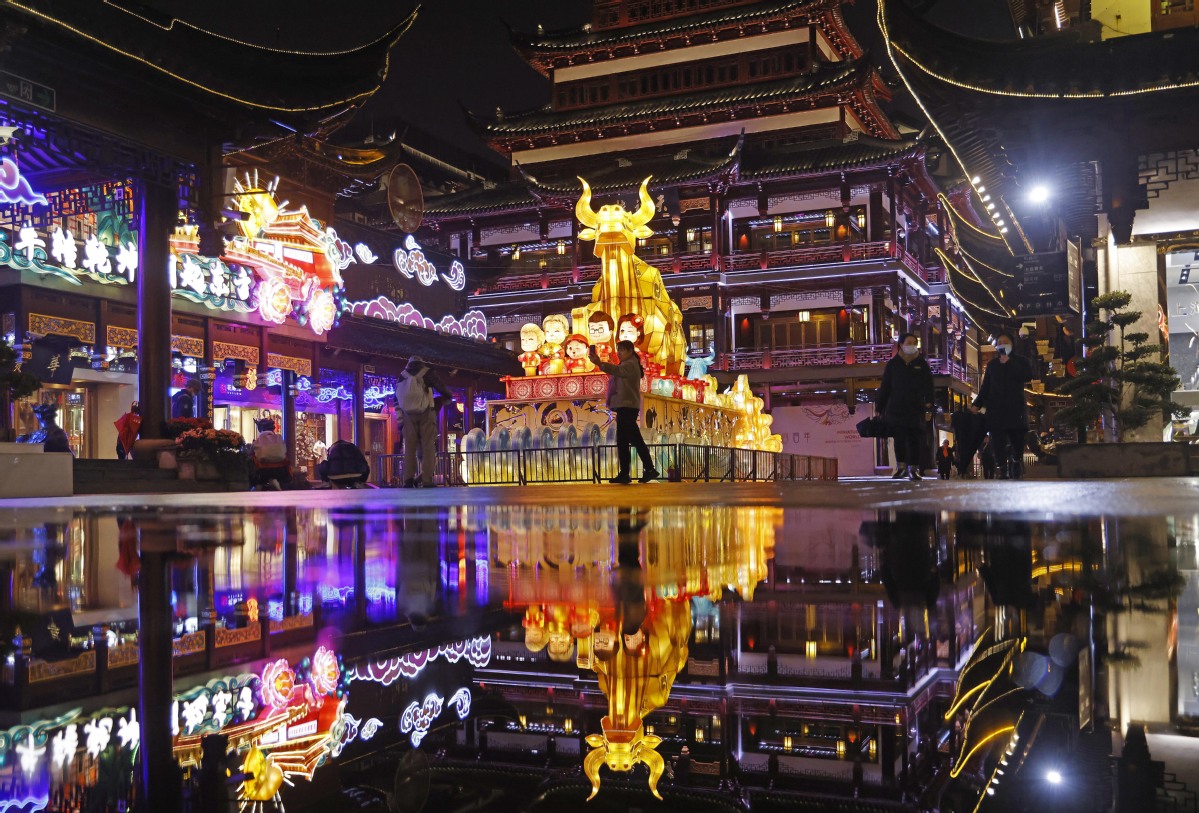Migrants stay home to stay safe during holiday


Tradition
The Spring Festival, a feature of Chinese life for millennia, is the country's most important annual celebration. It has long been a tradition that wherever they are, people go home to share the festivities with their families.
That's why millions of journeys are made during the travel rush that runs from mid-January to late February.
Other customs include putting up decorations, giving hongbao-red envelopes containing cash gifts-and fireworks, but the most important theme is "reunion".
Zeng Jiru, whose hometown is Luzhou, Sichuan province, usually accompanies his parents to visit his grandparents in Zigong, Sichuan.
On the Chinese New Year's Eve, they always have a reunion dinner with more than 20, or sometimes 30, relatives from his father's side.
This year, neither the 21-year-old Beijing Foreign Studies University student nor his parents made the journey.
Zeng started an internship in Beijing in December, and after the university officially closed on Jan 5 he moved from his campus and rented a room on his own.
"I felt okay about not going home. I am not that home-needy," he said.
However, many of his classmates and friends had already left Beijing by the end of December, and the main thing he had to deal with was loneliness.
Last month, the consultancy for which he works started remote working. Staying in his room alone for long periods and with few friends around, Zeng complained to a friend on WeChat about feeling lonely.
























